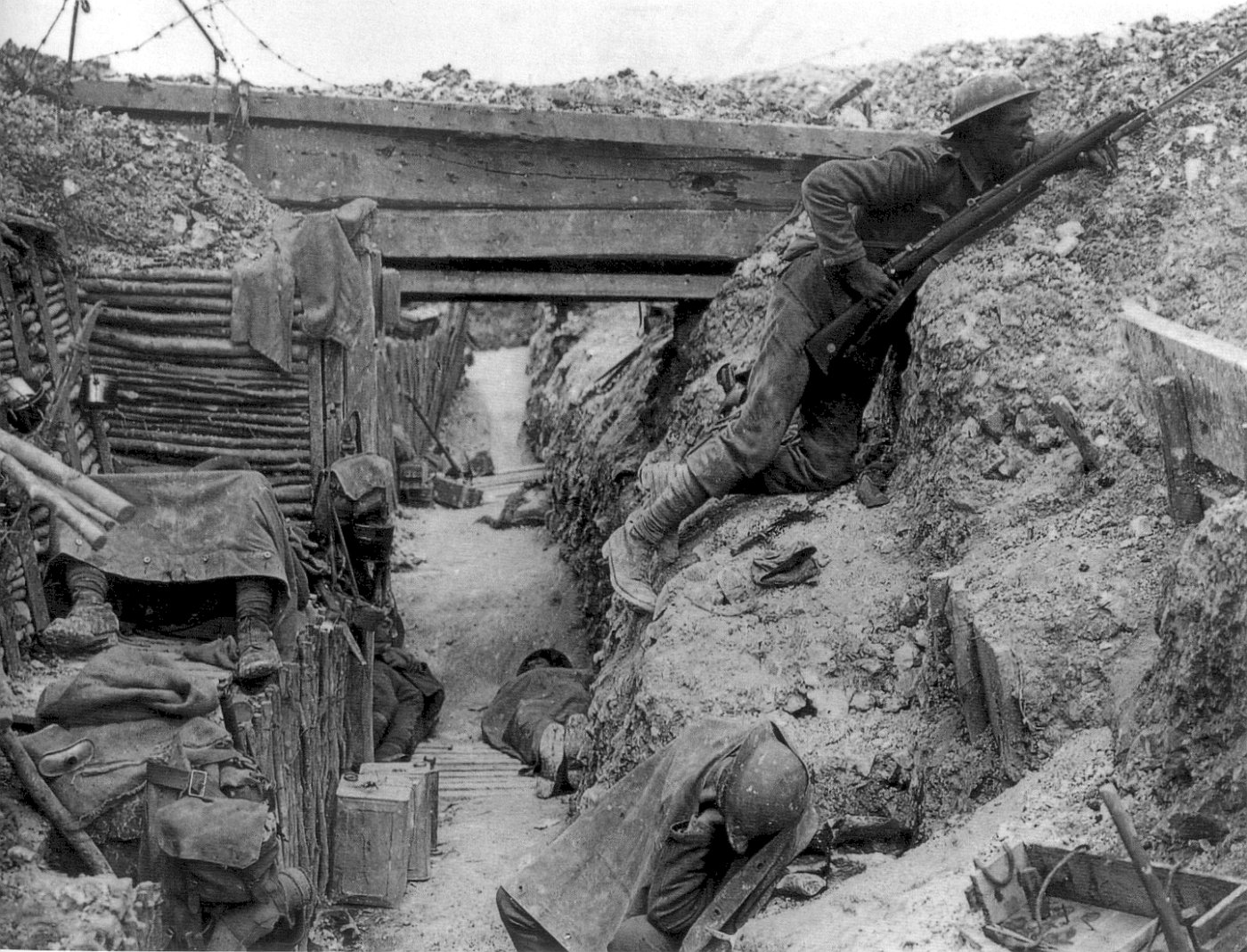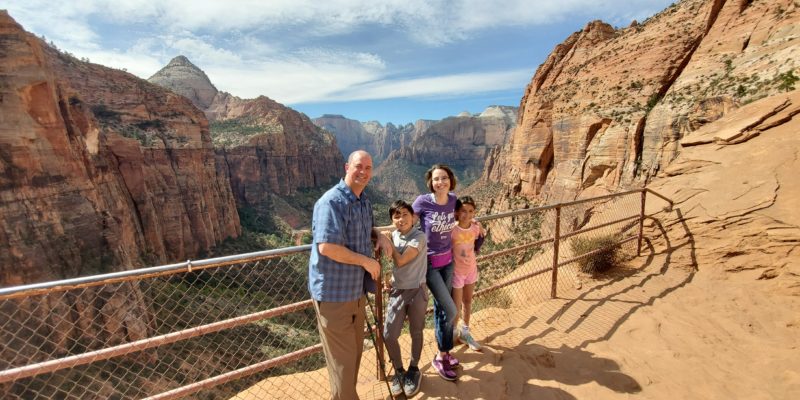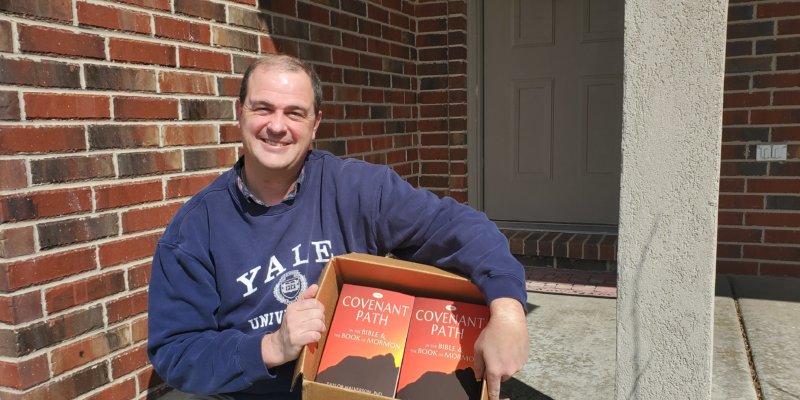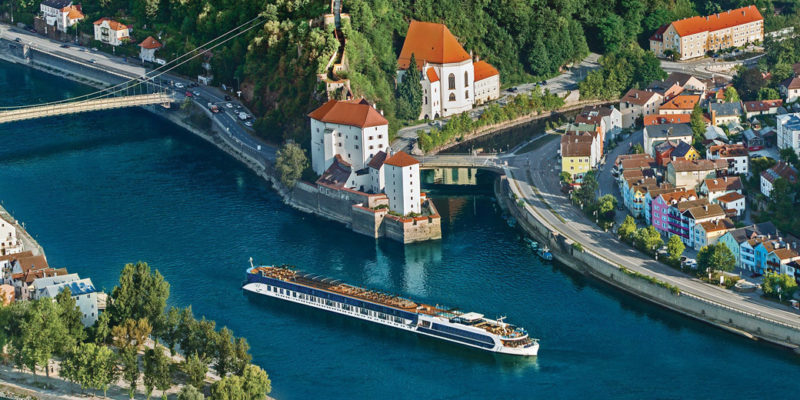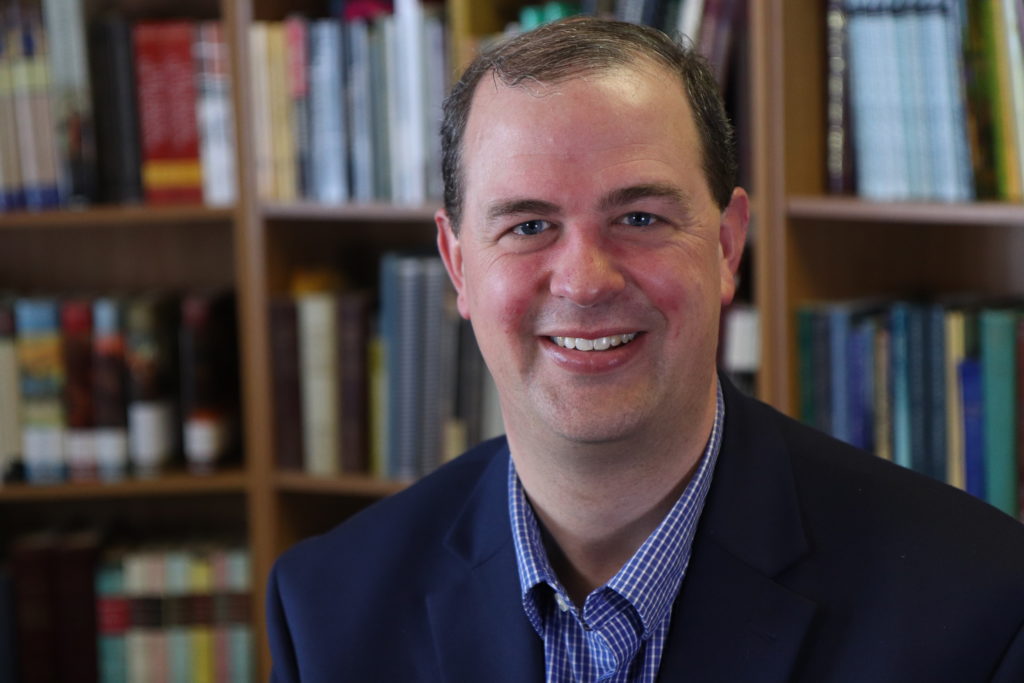On a bright summer Sunday morning in June, a six-vehicle motorcade snaked its way through the narrow streets. Crowds thronged the roadside, pressing close to glimpse the celebrities who had just arrived in the city that morning. Emerging from the crowd, a man lobbed a fist size object at the motorcade. The drivers stepped on the gas to avoid being hit. The fourth vehicle was not so lucky. With a ten-second delay, the grenade exploded under the fourth car seriously wounding two occupants. Some thirty minutes later, the motorcade was attacked again as they drove toward the hospital to visit their wounded friends. The main car took a wrong turn and in backing up, the driver stalled the car. Gavrilo Princip walked up and raised his pistol.
What transpired next is heart wrenching to contemplate. The disastrous consequences of that fateful decision were entirely unexpected. From that one shot, murder, destruction, death, and mayhem engulfed the world for more than four years, rewriting history and the political order. The consequences of that one shot reverberate today across the world, contributing, to take one example, to the seemingly endless conflict plaguing portions of the Middle East.
That one shot precipitated the greatest war the world had ever known, The War to End All Wars, resulting in nearly 40 million combined military and civilian casualties.
When he was born, Gavrilo Princip was a sickly child so the local priests named him after the archangel Gabriel in hope that the heavenly archangel would strengthen the young child. As a Bosnian Serb, Gavrilo grew up to detest the odious Austro-Hungarian Empire that ruled his nation. He wanted freedom. And that is why he raised his pistol.
His pistol was a Browning model 1910, designed by famed gun manufacturer John Browning, who was the son of the famous Mormon Pioneer and gun maker Jonathan Browning.
Gavrilo’s one shot launched World War One.
The time of that first shot? June 28, 1914 at 10:45 am.
The war slogged on for more than four bloody years of stalemate. Success was measured in inches gained, and by one estimate, one person was killed for every two inches of territory gained. Only after utter exhaustion did the warring powers came to the peace table to impose a date and a time for the war to end.
They sent the message out far and wide that all hostilities would cease and nations would begin to rebuild at the 11th hour of the 11th day of the 11th month of 1918. We celebrate that date to this day as Veterans Day (November 11).
Yet before the moment of peace, the war was still active, the combatants continued to fight with each other, up to the moment of the cease-fire.
The last shot of the war felled Henry Gunter, an American of German ancestry. Following orders from American General Pershing to fight to the very last minute, Gunter charged a German gun post near the village of Mons Belgium. The Germans tried to wave him off, knowing that peace was only a moment away. When Gunter would not cease, the Germans let off one last shot. Gunter fell as the last man to die in World War One.
“Almost as he fell, the gunfire died away and an appalling silence prevailed.”
The time of that last shot? November 11, 1918 at 10:59 am.
For a related post read Why World War I and the Ottoman Empire Matter Today
